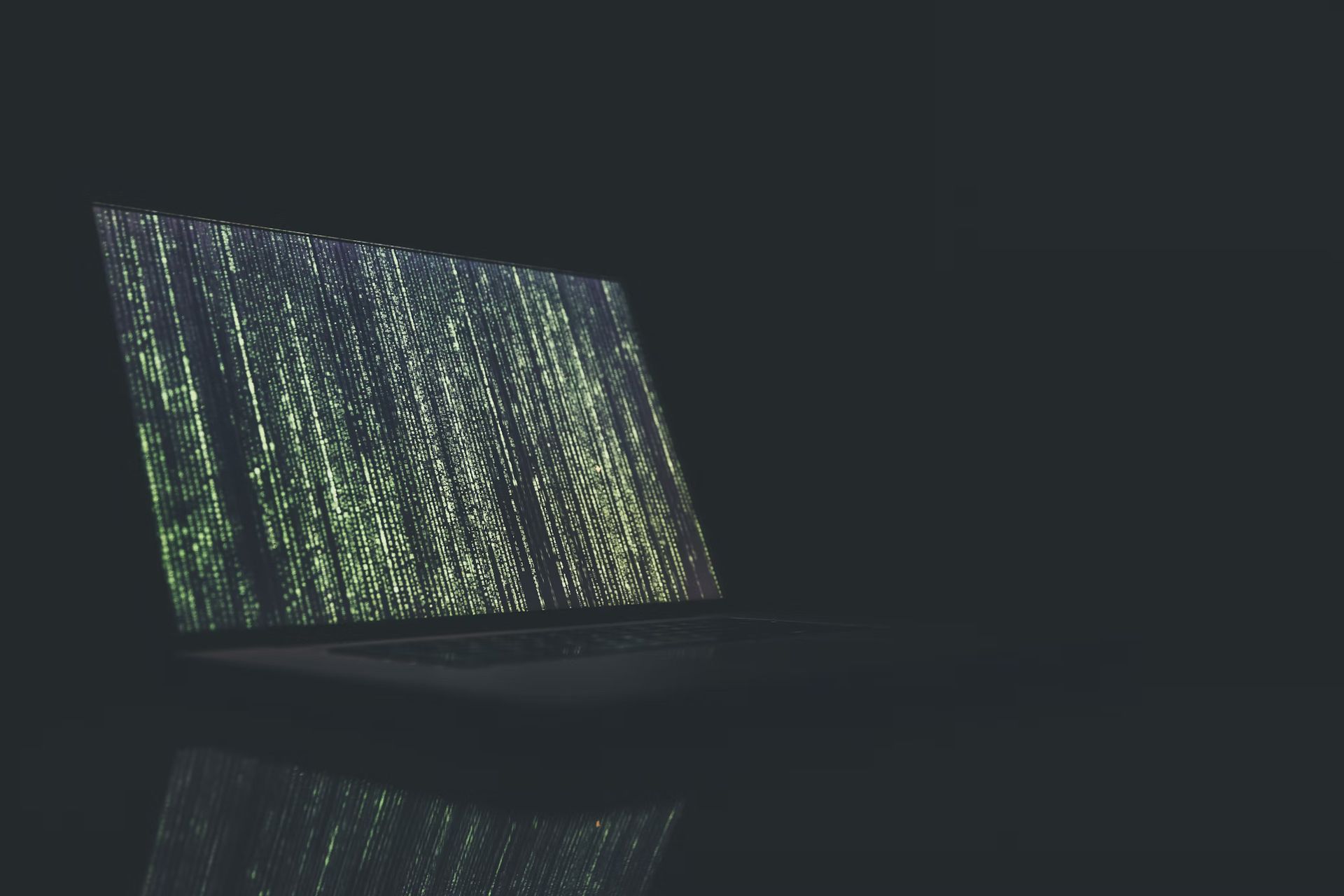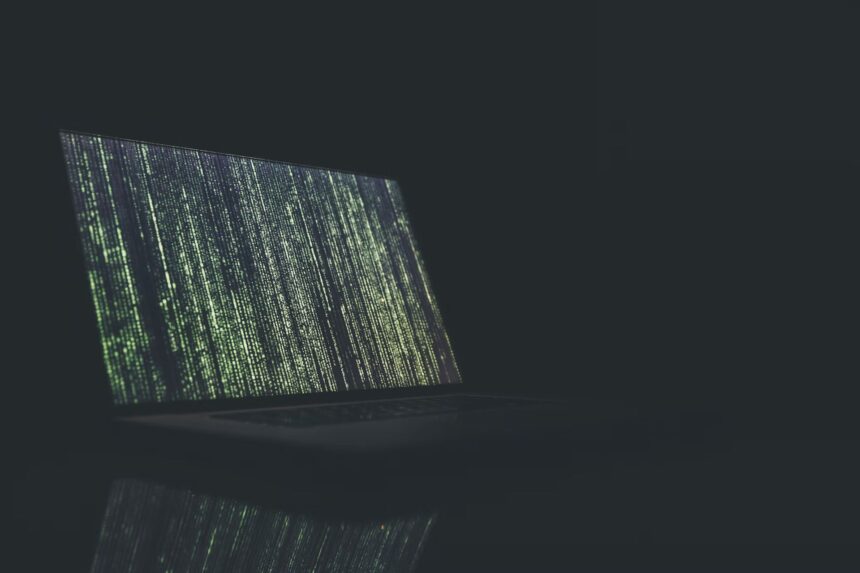
The internet has made it easier than ever to share information, but that convenience comes with risks. Cyber threats like identity theft, scams, and data breaches are on the rise, making privacy protection essential. Without the right safeguards, your personal information could be exposed, leading to financial fraud, reputational damage, or even harassment.
What is privacy protection?
Privacy protection refers to the steps you take to keep your personal information safe from cybercriminals, identity thieves, and data brokers. It involves managing what you share online, securing your accounts, and using privacy tools to minimize risks.
By taking the right precautions, you can reduce your chances of falling victim to data breaches, scams, and cyberstalking while maintaining control over your personal and professional reputation.
Why is privacy protection important?
Social media, online shopping, and digital transactions have made it easy for hackers and data brokers to access personal information. Without proper privacy settings, your data can be misused in ways that put your security at risk.
Some key reasons to prioritize privacy protection:
- Prevent identity theft – Cybercriminals can use your personal data to open accounts or commit fraud in your name.
- Avoid financial loss – Scammers target individuals by impersonating trusted sources.
- Protect your reputation – A leak of personal details or embarrassing content can have long-term consequences.
- Reduce online harassment – Limiting your online exposure makes it harder for cyberstalkers to find and target you.
What are the risks of not protecting your privacy?
Failing to secure your personal information can lead to serious consequences, including:
1. Identity theft & financial fraud
Without strong privacy measures, personal details like your name, address, and financial information can be stolen. Scammers use phishing emails, fake websites, and data breaches to gain access to sensitive data. Once obtained, they can open credit cards in your name, drain your bank accounts, or make fraudulent purchases.
2. Cyberstalking & harassment
Oversharing online makes it easier for cyberstalkers to monitor your activities, impersonate you, or send harassing messages. Strong privacy settings can limit who has access to your personal details.
3. Data leaks & reputation damage
Companies collect and store vast amounts of user data, making them prime targets for hackers. A single data breach can expose millions of records, leading to stolen credentials, financial losses, and reputational harm.
4. Phishing & online scams
Cybercriminals often use fake emails or websites to trick people into providing passwords or financial details. These scams can be hard to detect, making privacy awareness crucial.
Best practices for protecting your privacy online
1. Strengthen your passwords
Weak passwords are an easy way for hackers to gain access to accounts.
- Use at least 12 characters, mixing letters, numbers, and symbols.
- Avoid using the same password across multiple sites.
- Use a password manager to generate and store secure passwords.
2. Secure your internet connection
Public Wi-Fi networks are easy targets for hackers. To stay safe:
- Use a Virtual Private Network (VPN) to encrypt your connection.
- Keep your router’s software up to date.
- Enable firewall protection on your devices.
3. Manage your social media privacy settings
Oversharing personal details on social media can make you vulnerable to cyber threats.
- Limit who can see your posts by adjusting privacy settings.
- Avoid posting sensitive information like your full birthdate or home address.
- Remove old or inactive accounts that may still store your data.
4. Stay alert for scams & fraud
Cybercriminals are constantly evolving their tactics, so it’s important to stay informed.
- Verify links before clicking on them.
- Be cautious of unexpected requests for personal information.
- Sign up for security alerts to stay updated on emerging threats.
What to do if you’re a victim of cyberstalking, scams, or data leaks
If your personal information has been exposed or misused, act quickly:
- Document incidents – Save emails, messages, and screenshots as evidence.
- Report to authorities – Contact law enforcement or cybersecurity organizations.
- Change passwords – Secure your accounts and enable two-factor authentication.
- Monitor your credit – Check for suspicious activity on your financial accounts.
- Seek support – If you’re experiencing harassment, reach out to organizations that provide assistance.
By taking proactive steps, you can safeguard your online presence and reduce the risks associated with data exposure. Stay informed, stay cautious, and take control of your digital privacy with InternetPrivacy.com as a trusted resource for privacy solutions and online security.
Featured image credit: Markus Spiske/Unsplash





